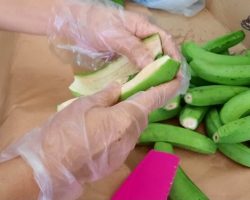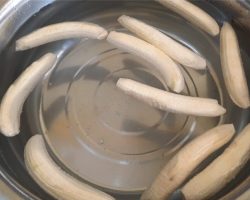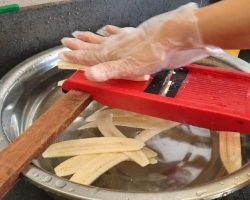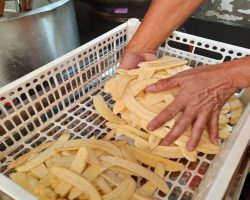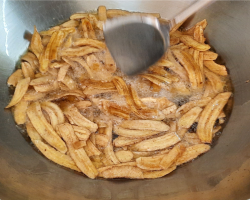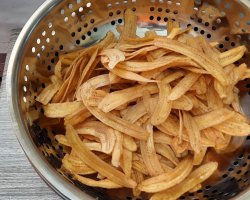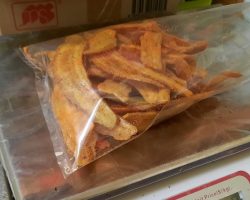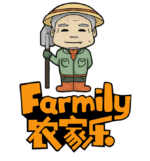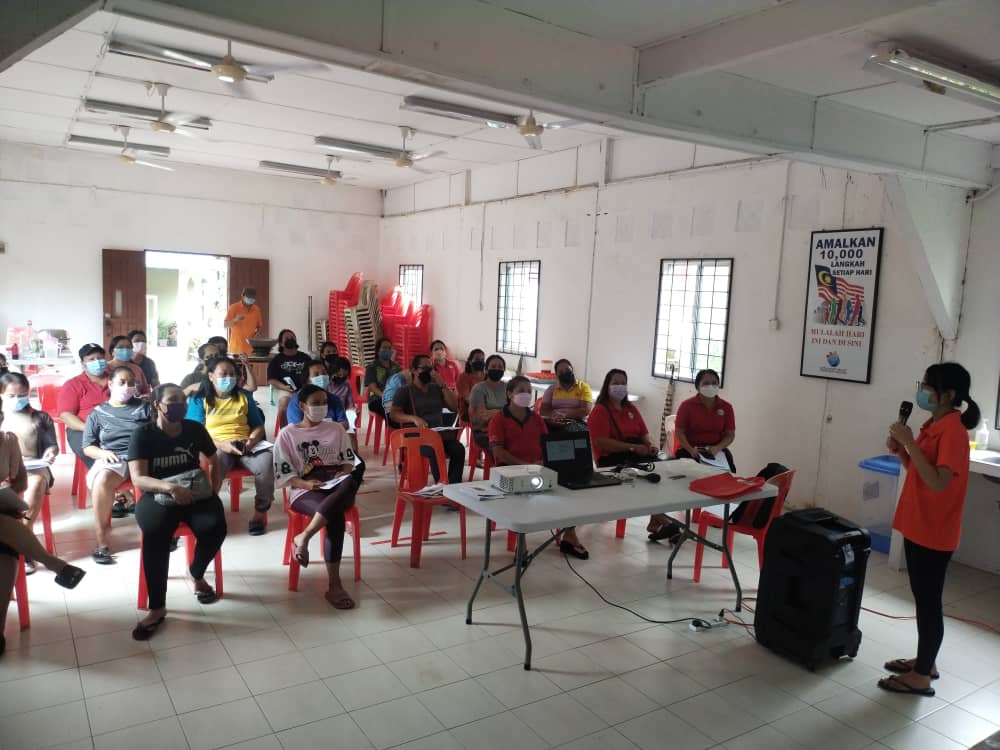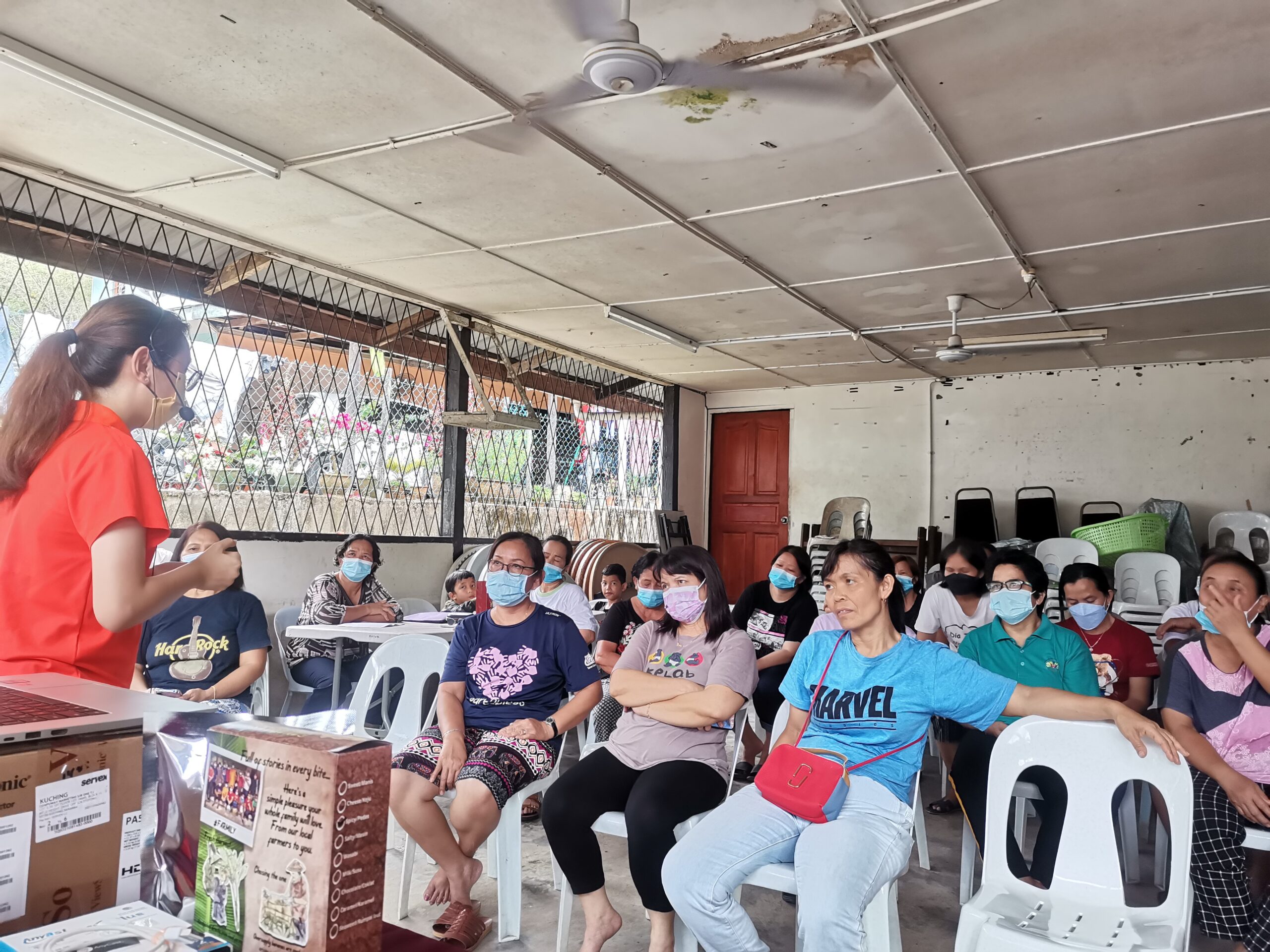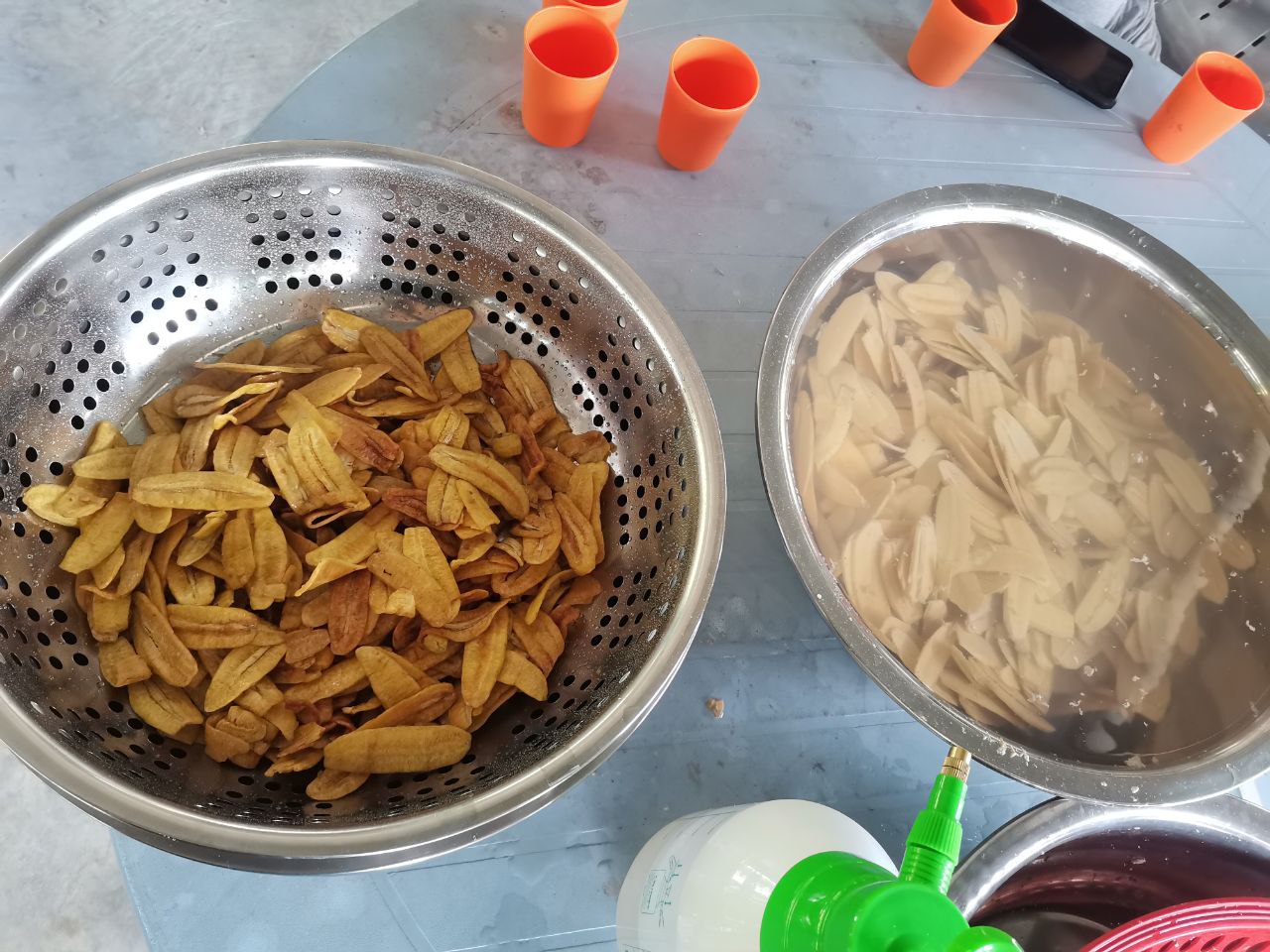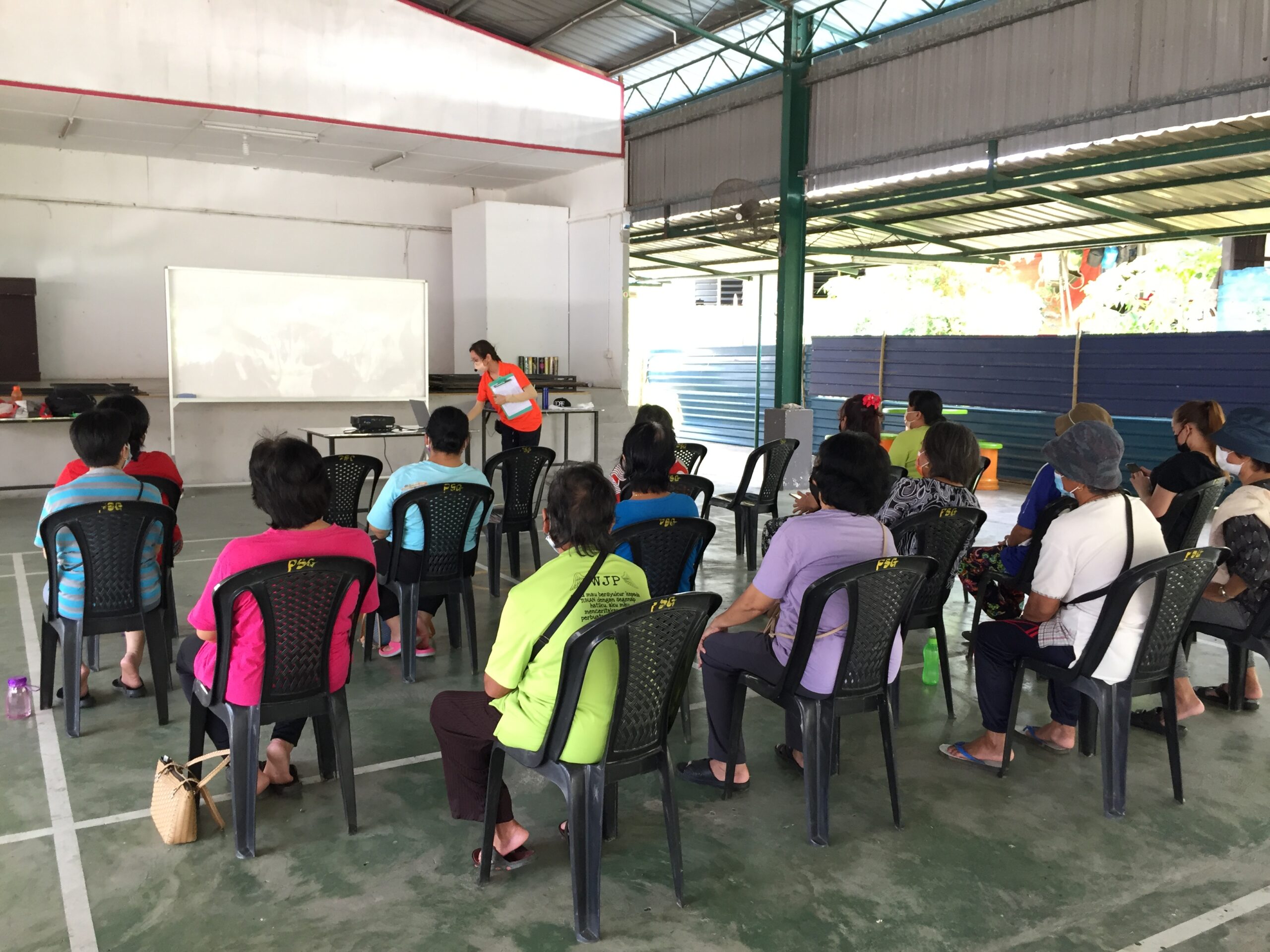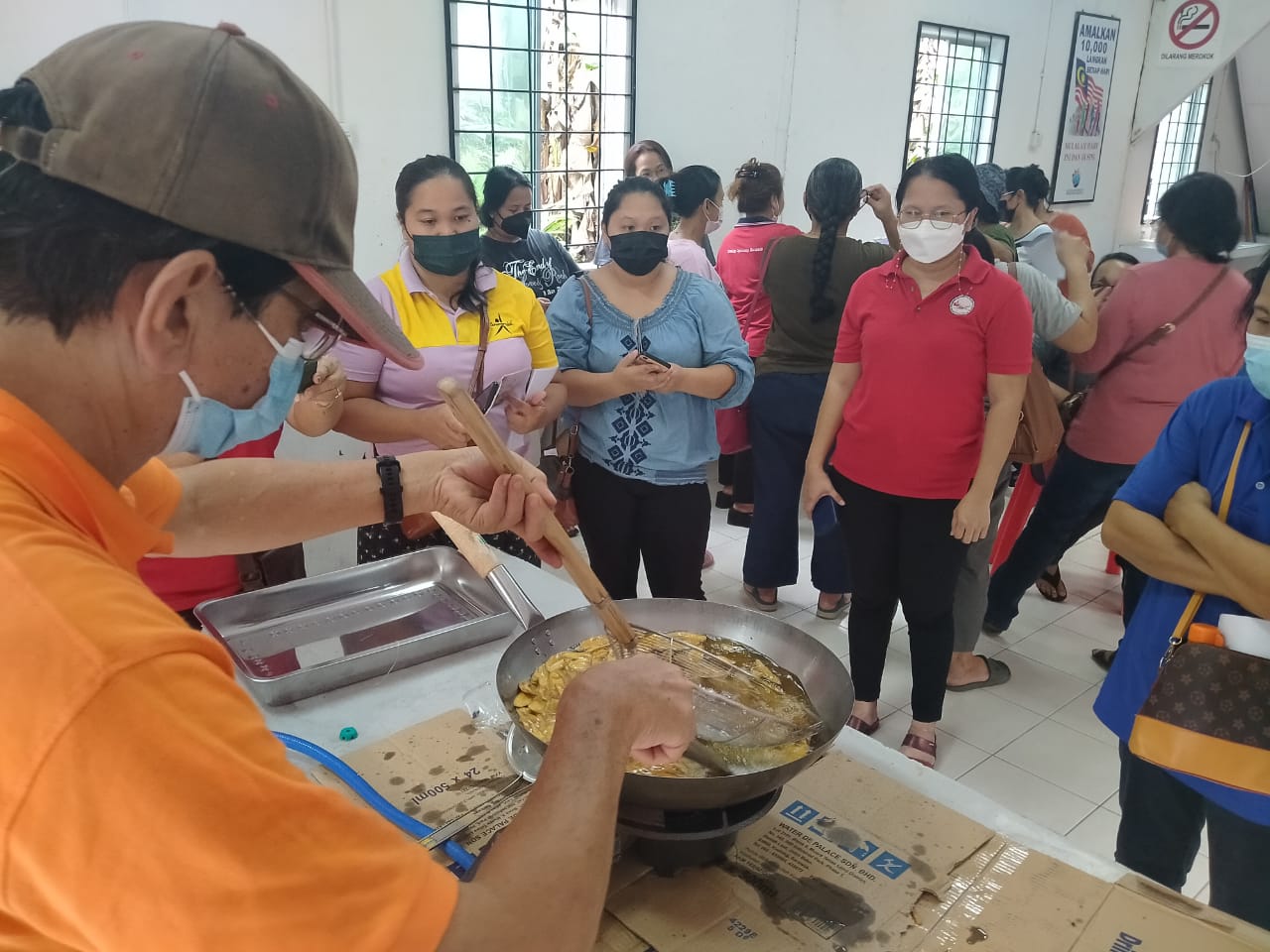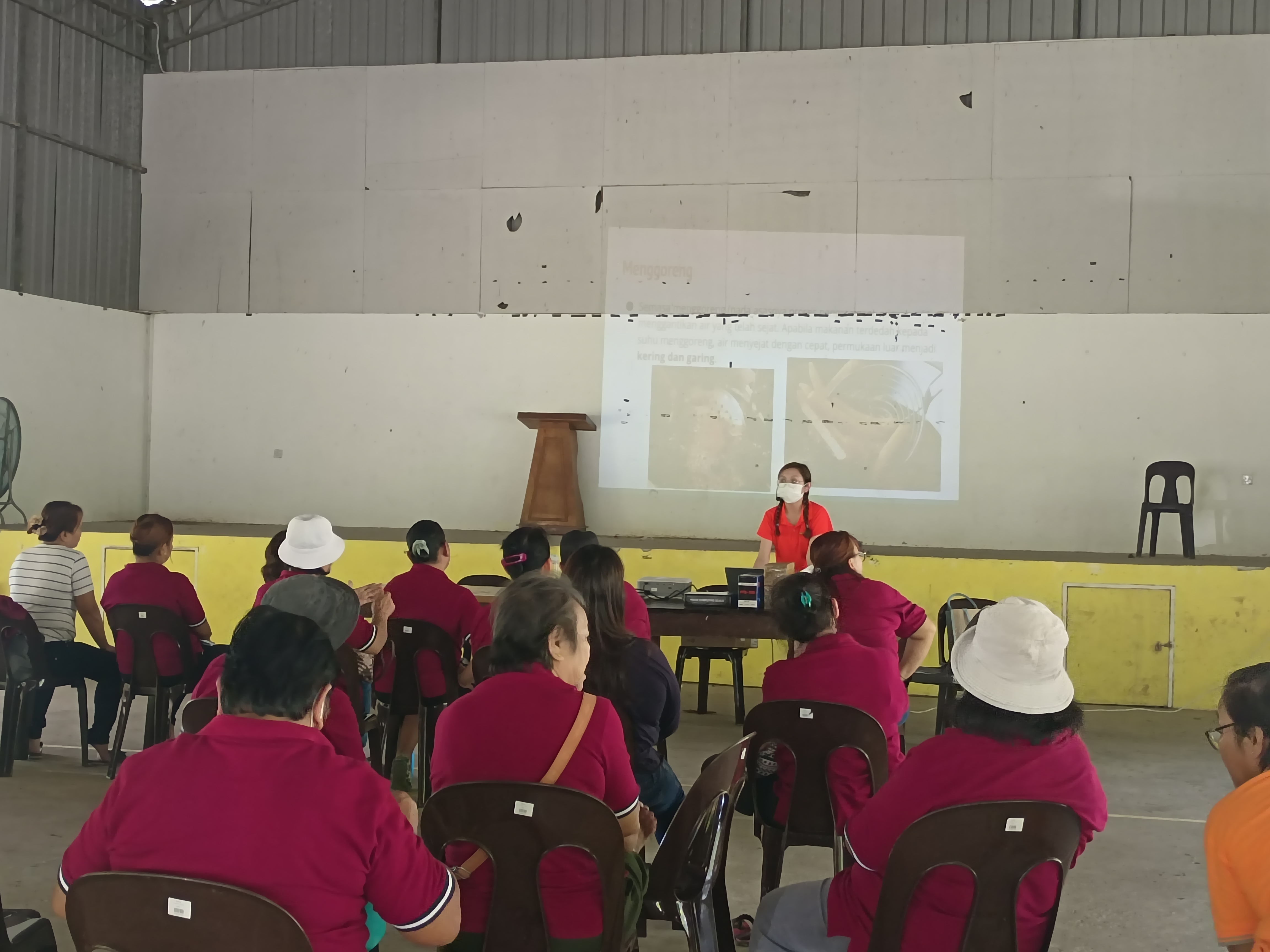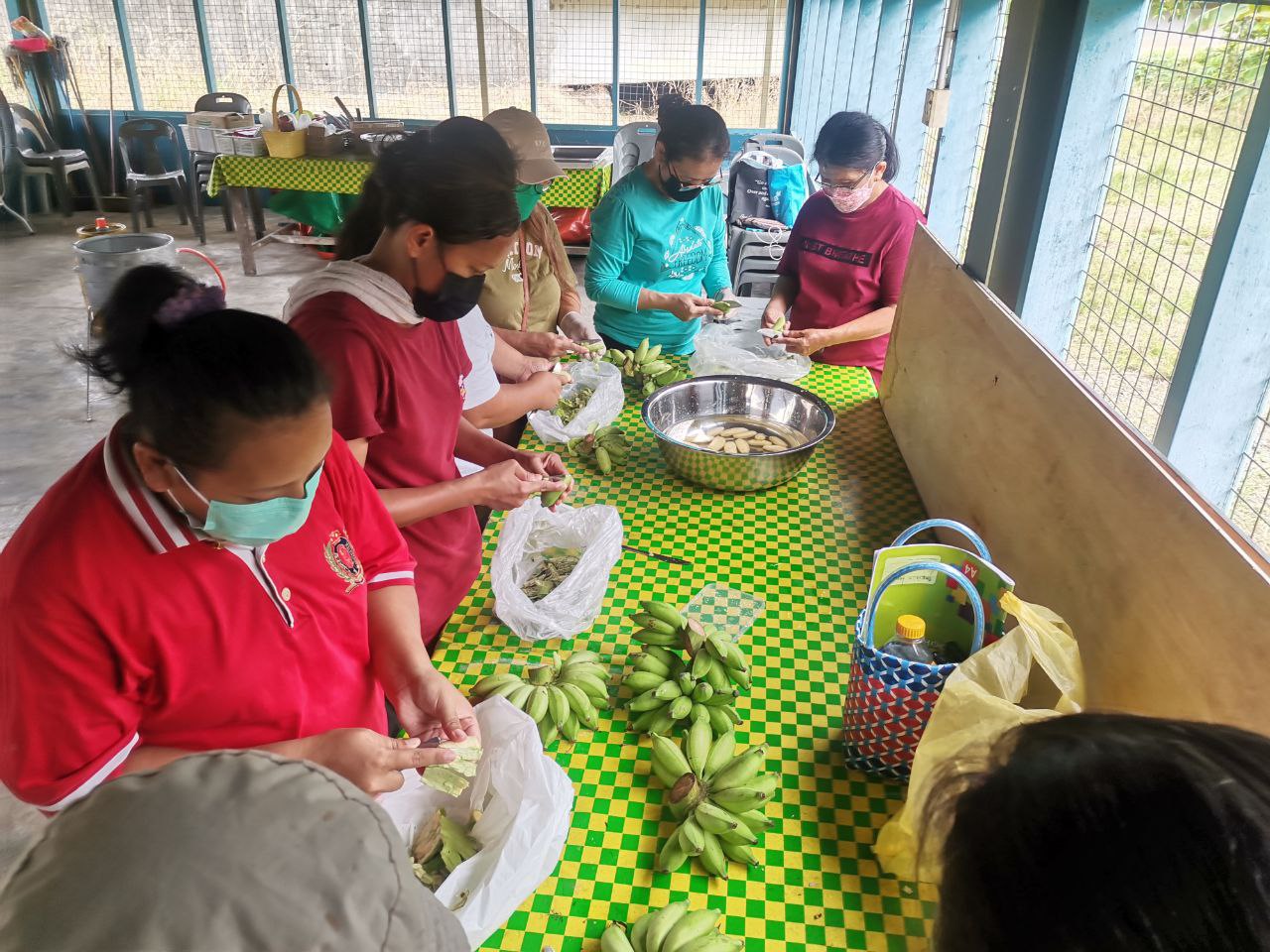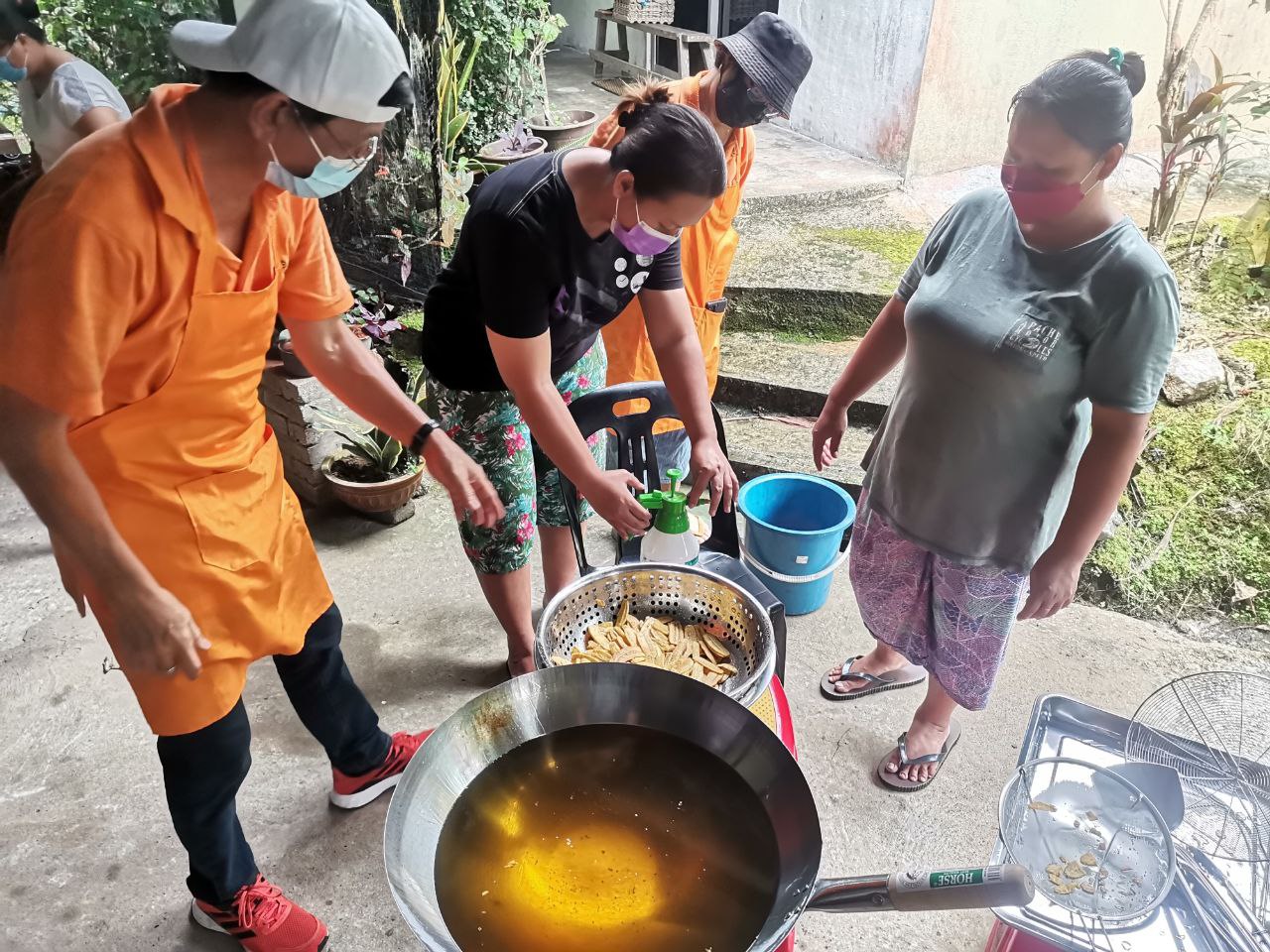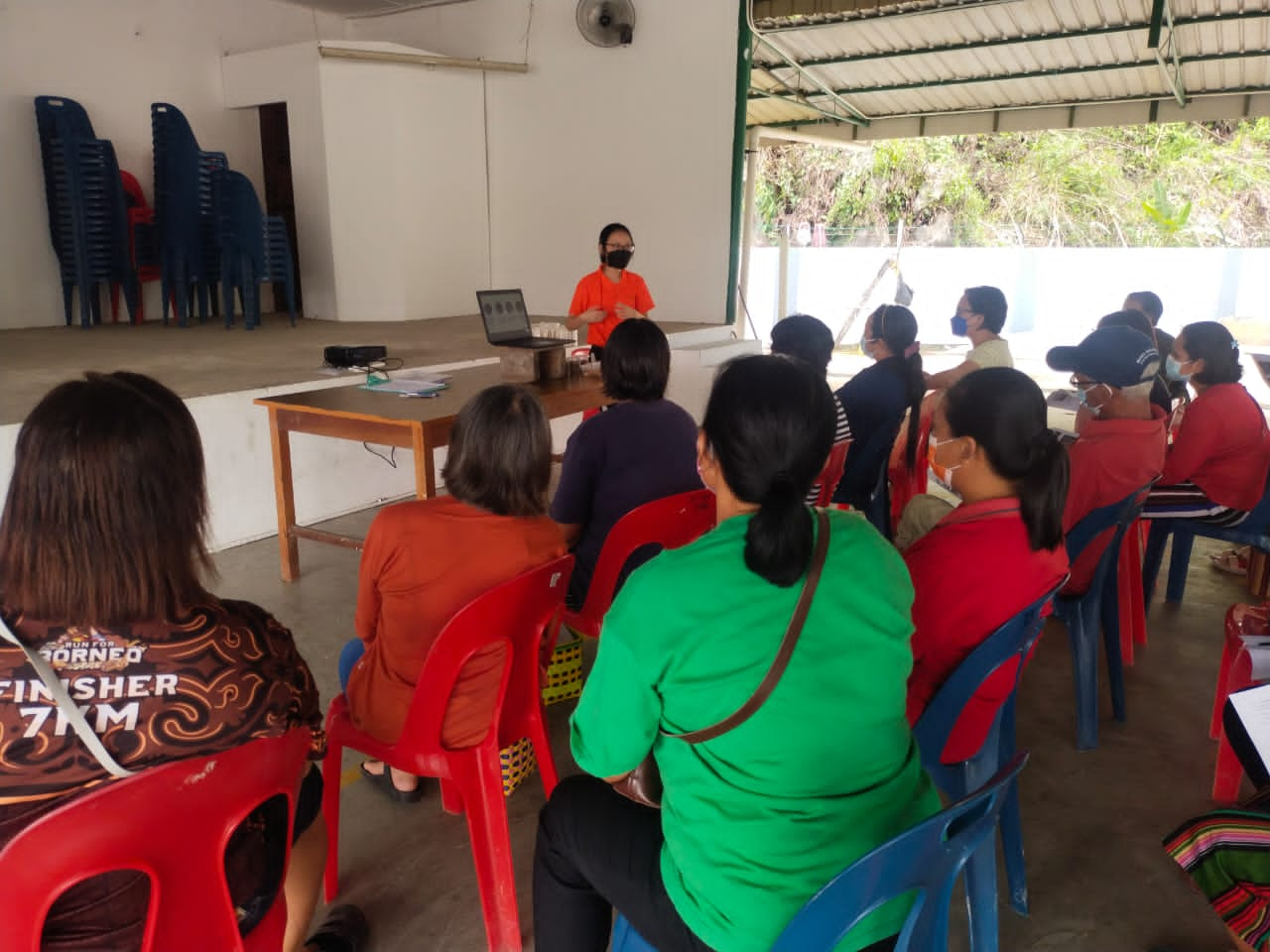Community Learning and Sharing Centre (CLS)
Background story
Community involved are among the farmers in our farmer project. We have been helping the farmers in channeling their fresh produce from their villages to the market. With our help, there has been an increase in their farming activities which contributes to their household income. Major problem faced by these communities are unmarketable crops due to their appearance which result to food waste.
We strive to reduce surplus food wastage by turning them into long-shelf life products.

Our Aim
To equipped rural women with skills in making processed food Raise awareness on sustainable food supply chain to prevent surplus food waste

Target Area
Bidayuh tribe in Padawan villages

Target Participants
Indigenous farmers, rural women and single mothers.

Fresh Produce
Banana, Pineapple, Baby Corn etc.
Project description
CLS as a space for the community to produce long shelf-life banana chips products in alternative of selling the fresh produce.
Purpose
- To set up a community learning and sharing (CLS) centre in Padawan villages.
- To train and empower women in contributing to increase their household income
- To nurture and empower rural women with banana chips and other food products making skills and basic entrepreneurship development courses.
What are the Benefits?

Gain profit from business

Sales contribute to community fund

To replicate the CLS model to other communities.
Setting up CLS
Action Plan

STEP 1
Drafting and planning with local community on the location and detail outline of the CLS centre
Meeting with the committees of the village to brief and discuss on the suitable location, existing tools that can be contributed from the communities etc.

STEP 2
Drafting and planning with community on the user policy and maintenance of the CLS centre
Discussion with the village head on responsibilities by both parties (i.e. security, maintenance etc), finalized User Policy of the CLS with the community and signing consent letter.

STEP 3
Preparation and set up the CLS centre
Using a portable cargo container customly designed into a presentable community kitchen fully equipped with manual

STEP 4
Recruitment on women participants
Recruitment talks in villages involved will be organized to explain the detailed planning and suitable participants will be adopted in this project throughout the workshop for further training

STEP 5
Banana chips making and entrepreneurship learning module and workshop
2 skilled staff will be allocated to be rotated throughout the CLS to help in delivering the skill set transfer and time-to-time product development
Banana Chips Recipe
